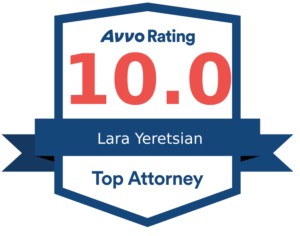It has been said that with every stereotype there comes a grain of truth. We have all watched House– the pain addled brilliant doctor who is also a closet addict. Or Nurse Jackie– the saintly nurse who when not doing the right thing is popping pills she gets from the hospital pharmacist- for a small favor.
The scary reality
While these television and Netflix dramas bring to light a scary reality- that sometimes health care providers are addicts- they also don’t really show the truth of the addiction. That addiction is real, and it causes more than just a funny blip in a health care provider’s day. It can ruin relationships, careers and families.
Nurses and addiction
Registered nurses have an addiction rate twice that of the average person. The American Nurses Association reports that about 10 percent of all nurses become addicted to drugs. If there are currently 3 million nurses, that would mean there are 300,000 addicts. Because nurses have stressful and at times physically demanding jobs and because they also have access to pain medication it should come as little surprise that their rate of addiction and abuse is so high.
What it means to be an addict
Addiction, as anyone suffering from it can tell you, is a monster. Once in the cycle of dependency addicts will do whatever it takes to stay high. That may mean stealing drugs, or credit cards, money or other valuables from the people they care for. It’s particularly easy for those in health care to steal pain medications because they always have access and because most patients and other staff trust them.
How to spot an addict
It’s actually very difficult to spot an addict. In fact, many nurses with pain medication addiction are high-functioning and over performing. One reason many nurses and other health care professionals are reluctant to seek help is because admitting an addiction problem is viewed as “career suicide.” Nurses understand what addiction looks like and are therefore able to better hide it than non-medical people. They also have a false sense of control. They tell themselves that they are managing their drug use because they understand how the drug works and know how much to take. But at some point the cycle breaks.
Getting help
It is easy to think that addiction and criminal convictions for drugs happen to “other people.” The truth is that addiction doesn’t discriminate. If you or someone you love has a pain medication addiction, get the medical and legal help needed to recover. Nurses who seek help have a high sobriety success rate – over 70 percent are still sober after 5 years. A criminal defense attorney can also work to minimize the charges and protect your nursing license.




